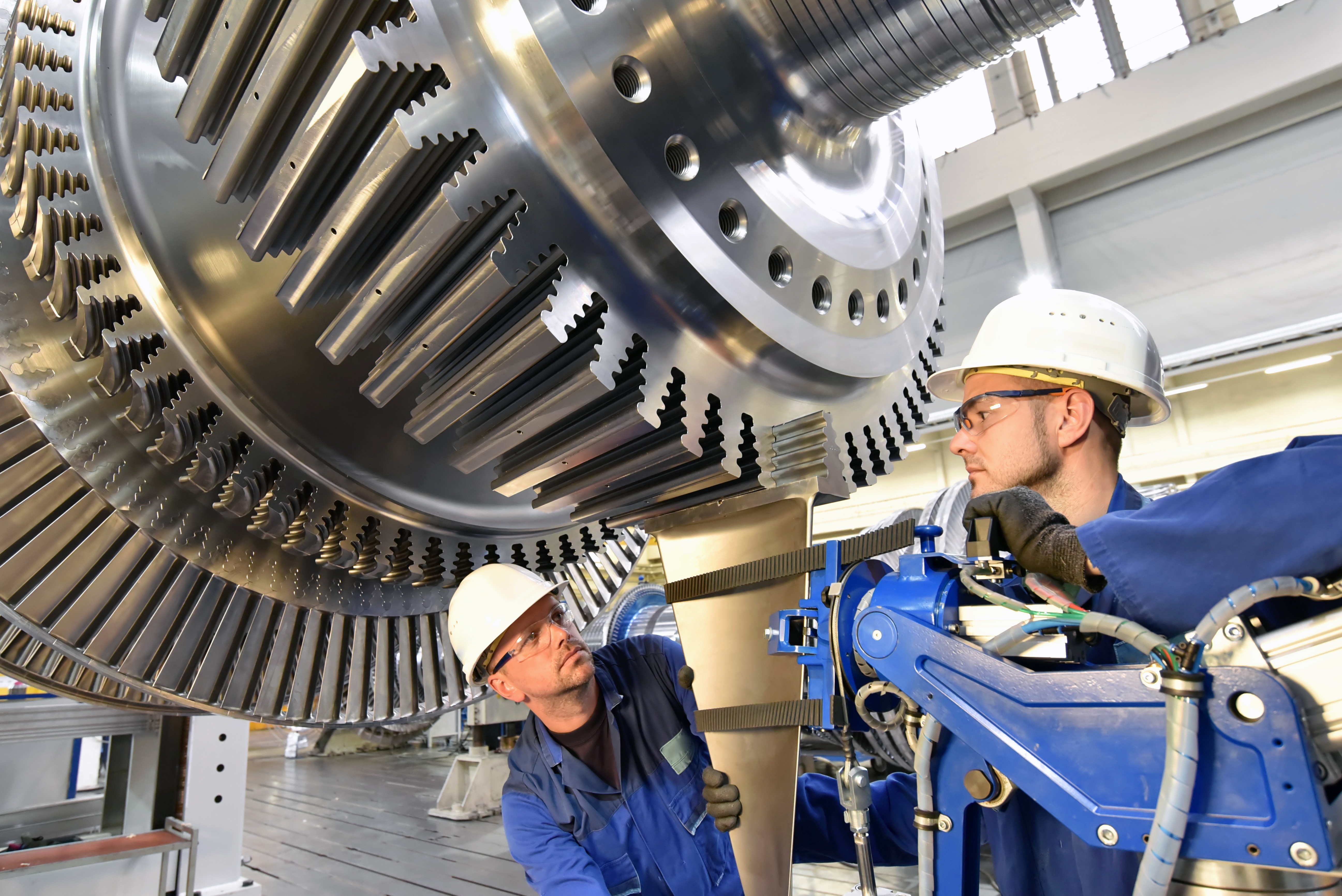The Real Gap in Your ERP
2018 Advanced Manufacturing Technology Show Series | 5 of 6 Nearly every company we talk to thinks that an MES fills a gap in their ERP. It seems...

2018 Advanced Manufacturing Technology Show Series | 6 of 6
You’ve hired an ERP vendor. You should never say you bought an ERP. You hired a vendor. They’re going to be with you for a long time. Get to know them. You bought a system. You’re paying a lot of bills during the scoping process and you can’t yet use it to do anything.
You’re exhausted. You’ve spent more money and time than you would like and certainly than you’d care to remember. You don’t have a system yet. But you have a new hire. A fabulous new hire.
They’ve arrived just in time. They bring new ideas and ways to help you with your work. Everyone’s positive about it, especially positive about it. It’s an injection of energy into a team that’s waiting for (and just literally hoping for) an ERP that will be delivered somewhat close to the time promised.
Fast-forward six months. You are running like clock-work with the new guy’s changes. The ERP vendor is ready to deliver the first version of the part of the ERP system that relates to your department. You are excited and worried all at the same time.
Delivery goes smoothly, and by that I mean that there are no foreseeable issues. Count yourself lucky, by the way, this is a best-case scenario. The ERP vendor delivers and trains you and your team on the relevant areas of the system. It’s just now that things are starting to become a little clear. You don’t do things like that anymore.
Ouch.
Stuck with Yesterday's Great Idea
Well, back the ERP vendor goes. And, again, because you’re chosen a good vendor, they do a relatively good job and re-deliver on-time. You count your blessings and move on with the software, but you have a stiff bill of change coming, which you’ve probably not planned for.
How could you possibly consider an ERP vendor to run your shop? An ERP cannot, and was never meant to, run a manufacturing shop. If you don’t believe the story I’m telling and you still think there’s just a “few holes” in the process, let me shed a little more light on other issues. There are plenty.
If you can’t answer positively that your ERP does these things, every one of them, then you know why your ERP can’t handle your manufacturing already. But I’ll talk about each one anyway.
Let’s start with up-time and move through. Up-time is critical. ERPs are too, too massive to stay up all the time. There are connectivity issues, reporting issues, speed issues. Heck, one of our customers told stories about how they would ask their ERP to do a report and then get coffee. Literally. In this age, that’s inexcusable. Can you take the risk of putting that on your shop floor? If you’re not making anything (products, parts), you’re not making anything (money).
What kind of decisions do your operators make during the day?
These might be planned, but even worse, these might be in the “hammer to fit” category. Everything’s going along well just until it’s not. And when something goes wrong in production, it might be a “peel the onion” moment, where as soon as you solve one thing, there’s another right behind it. That’s never a good situation and the ERP cannot do anything to help you here. Remember, it was built to handle things. The “thing” you are dealing with is not a thing in the ERP. If it were, there would be a process for it. The best you can hope for is that your people figure it out and complete the order successfully. Unfortunately, you have no record of what was actually done because the ERP didn’t recognize the thing.
ERPs do reporting. Everywhere. There are reports that tell you what reports you have. Many ERPs have a really nice report generator right within the tool. That can be very critical for you (especially if you’ve paid the ERP vendor so much that you have long ago run out of money). The thing that you need in manufacturing that the ERP cannot do without a pre-built scenario that does just what you now require, is to connect the things it holds. And it holds a lot of things.
Part of the reason that your ERP needs to have reporting is that you need to connect things to know how your business is doing and how that compares to how you’ve done historically. Let’s take a bill to a customer for a piece of work. You need to charge them for a piece of work they are asking you to complete. You know you’ve done this work for them before. You want to make sure that you don’t price-gouge them so you search for that customer in your ERP and pull up all prior orders. If you have the ability, you could even set the search criteria to find orders within a particular date, dollar or product range.
In order to find the information that you’re looking for, you will likely have to open each of these to see the work that was done and try to manually match it to what you are being asked to do again. You will read through a number of prior orders to find what you’re looking for unless you were lucky enough to, accidentally and fortuitously, open just the one you were searching for. The ERP is helping you to locate and you are manually “connecting” the things that you need in order to know how much to charge.
This does not work in manufacturing. At all. If you want to know how to do the production of an item well, you better have a system that accounts for the actual flow of work with the correct permissions and the right kind of tool to make sure it’s all going smoothly. And by it, I’m referring to the workflow. If the workflow is a “thing” in the ERP (think routing on an order), you cannot see the progress, direct the work and pivot when you need to.
Next Steps
Follow our blog to get the most up-to-date information on the trends shaping manufacturing and production tech in your industry. When you're ready to get to work on permanent error elimination, schedule your live demo of Quantum®.
Build it Right with Quantum
Ready to eliminate the defects and bottlenecks that slow production once and for all? Connect with a CIMx Application Expert today and learn why our customers love being Quantum shops. Take control of production and build it right™ with Quantum.

2018 Advanced Manufacturing Technology Show Series | 5 of 6 Nearly every company we talk to thinks that an MES fills a gap in their ERP. It seems...

Part 4 | The Implementer To follow through on a successful selection and implementation of your next production control system, you need to assemble...

Understanding the CIMx Vision for Paperless Manufacturing offers an insider’s view of what drives us to make the best product for our customers, and...